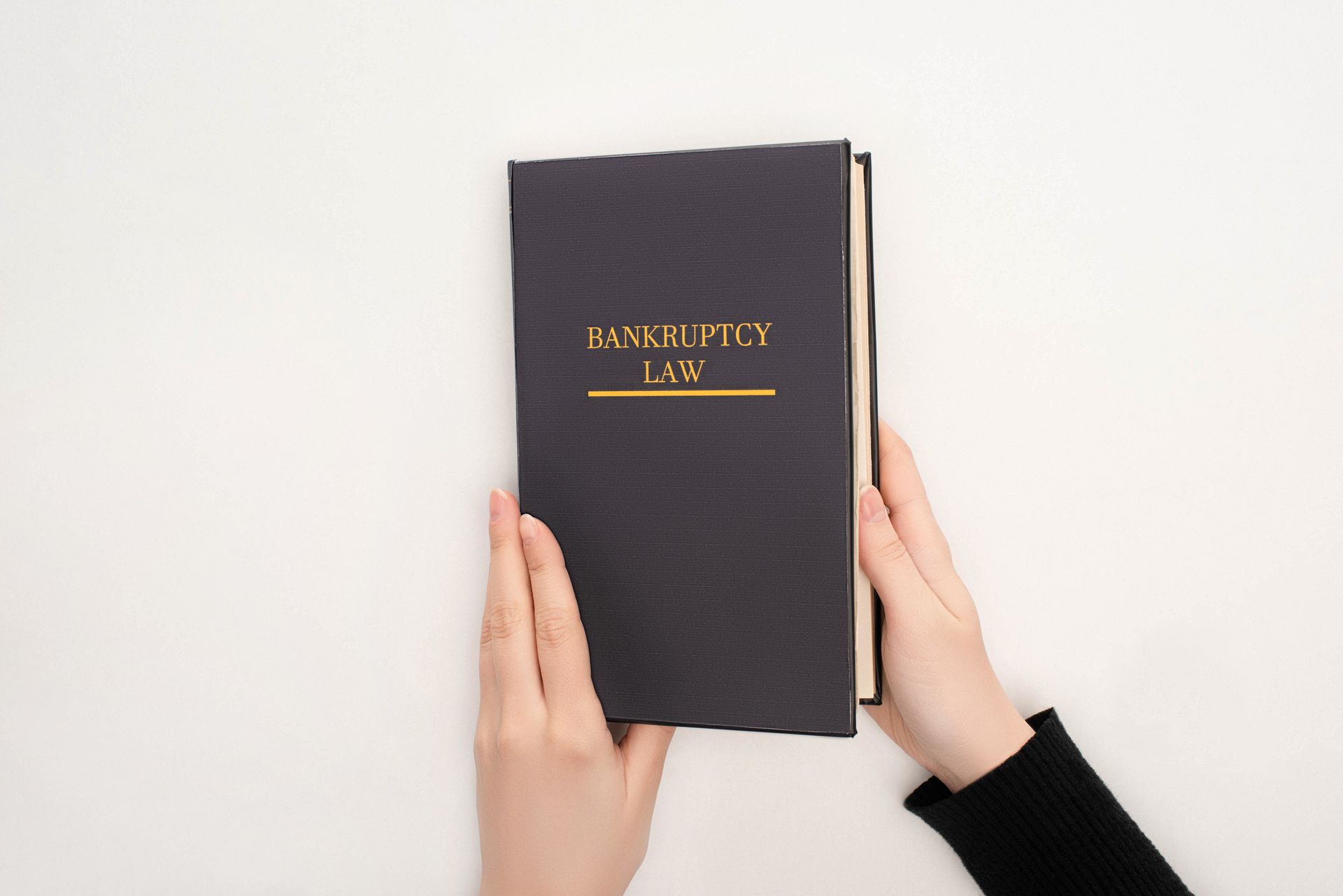Georgia Bankruptcy: Tax Debts & Tax Refunds
If you are filing bankruptcy, you may wonder how any tax refunds will be handled. What happens to tax refunds in bankruptcy ?
What Does a Tax Refund Have to Do with Bankruptcy?
A tax refund is money owed to an individual by the government because the individual overpaid taxes. The bankruptcy court recognizes any payment of money owed to the bankruptcy petitioner as an asset, similar to a bank account balance or real estate, so any expected or received tax refunds must be disclosed in the bankruptcy petition.
How Should I Notify the Bankruptcy Court of a Tax Refund?
In a Chapter 7 bankruptcy, if you haven’t received your refund, you need to disclose it to your attorney. Your lawyer may try to claim an “exemption” to help you keep the funds. (Bankruptcy exemptions are limited and apply to multiple types of assets such as bank accounts, other property, etc.) If you are filing Chapter 7 bankruptcy and you already received a tax refund before filing, then it is not an asset at the time of your bankruptcy filing. In this case, you would not be required to disclose the tax return or apply any bankruptcy exemptions to protect the amount.
Chapter 13 Bankruptcy and Tax Refunds:
A Chapter 13 bankruptcy lasts either 3 or 5 years. In some Chapter 13 bankruptcy repayment plans, the petitioner agrees to pay future tax refunds into the bankruptcy plan, but this depends on the payment plan presented (and approved) by the bankruptcy court. Not all Chapter 13 bankruptcy plans require the bankruptcy petitioner to pay their tax refunds to the court during their repayment plan. Suppose your Chapter 13 bankruptcy repayment plan is set up to pay your unsecured creditors less than 100% of the debts owed. In that case, you should ask your attorney about filing a motion requesting to keep all (or a portion) of any tax refunds during the payment plan so you can meet specific needs. The Trustee may request documentation to prove that the “need” is real and necessary, but this type of motion is usually granted. Discuss the details with your bankruptcy attorney.
Do you have questions about bankruptcy law and how to file bankruptcy ? The experienced Tennessee and Georgia bankruptcy attorneys at Kenneth C. Rannick P.C. can help. We help good people through bad times every day, and we can help you, too.
The post Georgia Bankruptcy: Tax Debts & Tax Refunds appeared first on Kenneth C. Rannick, P.C..










